Institute of Computational Life Sciences
Teaching and research at the interfaces of digitisation and life sciences
The ICLS Institute of Computational Life Sciences embraces computational science as an interdisciplinary approach to address complex challenges and develop innovative solutions in key areas of health, society, environment and nutrition.
We position ourselves as intermediaries between basic university research and practical applications in business and society. Our team of around 65 employees has extensive experience in managing interdisciplinary projects.
Our research and development projects fully consider the context of our business and research partners, benefiting our students as well. The valuable knowledge generated from our projects is directly integrated into our Bachelor's and Master's degree programmes, as well as into continuing education.

How can we use AI and related technologies to improve our quality of life? What are their opportunities and risks in the life sciences?
«Industry focused, creative, passionate and reflective; we think beyond institutional boundaries.»
Prof. Dr. Thomas Ott, Director of the Institute
Employees I Studies and Continuing Education I Research and Services
Computational Life Sciences Day 07.01.2026
Join us as the Computational Life Sciences Day 2026 explores the opportunities and developments of “AI and Digital Diagnostics”!
Bachelor of Science (BSc) in Applied Digital Life Sciences
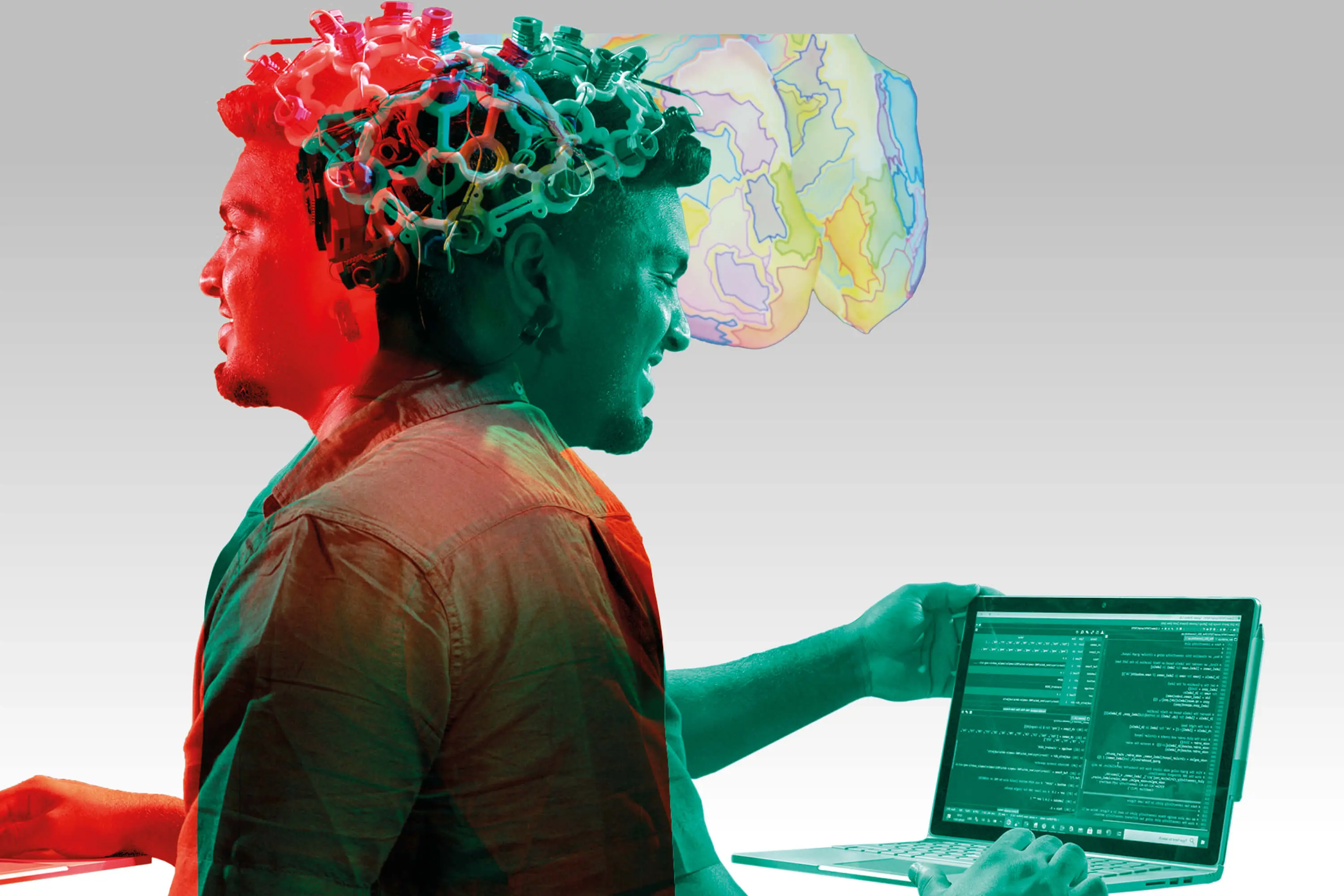
Unique in Switzerland, the Applied Digital Life Sciences programme combines life sciences, data science and digitalization. Scientific competencies are integrated with various digital tools and data-based methods. Students engage in research both in the laboratory and in the environment, concurrently developing skills in programming, artificial intelligence, data engineering, as well as modeling and simulation. The bachelor's programme offers excellent job prospects. Through the interdisciplinary approach, the students gain essential and well-balanced competencies to launch a successful career in the life sciences.
Detailed informationen on the Bachelor in Applied Digital Life Sciences
Life Sciences - Specialisation Applied Computational Life Sciences
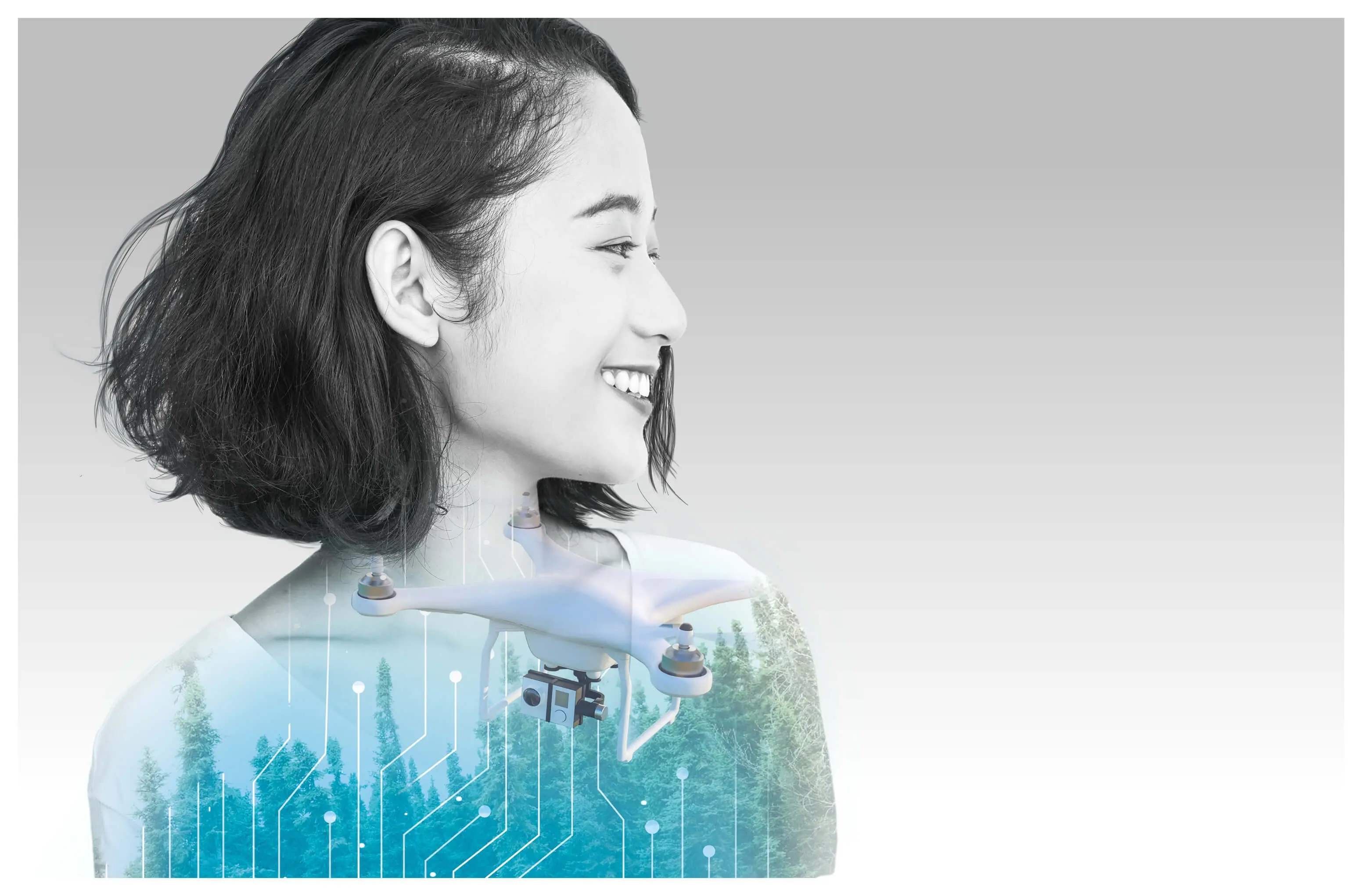
Specific skills in artificial intelligence, data, modelling and simulation are becoming increasingly important. Algorithms, machine learning, pattern recognition are just a few relevant keywords. Master's graduates in this specialisation are increasingly in demand and work, for example, as specialists or leaders in a wide range of industries, including pharmaceuticals, chemistry, biotechnology, agro-food, environment and medicine.
PhD Programme in Data Science

Students can do a doctorate in Data Science at ZHAW in cooperation with the University of Zurich. Doctoral students receive guidance and supervision from distinguished professors from both universities equally.
Continuing Education
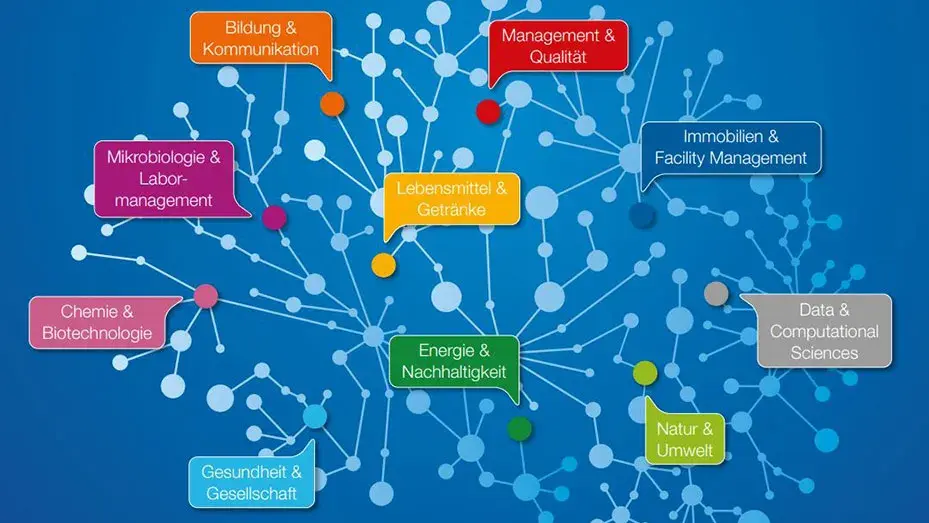
The Institute of Computational Life Sciences offers a wide range of continuing education courses. The annual conferences also offer interesting platforms not only for keeping up to date, but also for exchanging ideas and networking.
Research and Services
In our four research centres, we offer application-oriented research, development and services on issues concerning digitalisation and data science in the life sciences. Our overarching goal is to pioneer innovative solutions that push the boundaries of scientific knowledge.
Bioinformatics

In the Centre for Bioinformatics, we develop practical solutions at the interface of biology, medicine and computer sciences.
Co-lead: Prof. Dr. Maria Anisimova and Dr. Manuel Gil
Cognitive Computing in Life Sciences
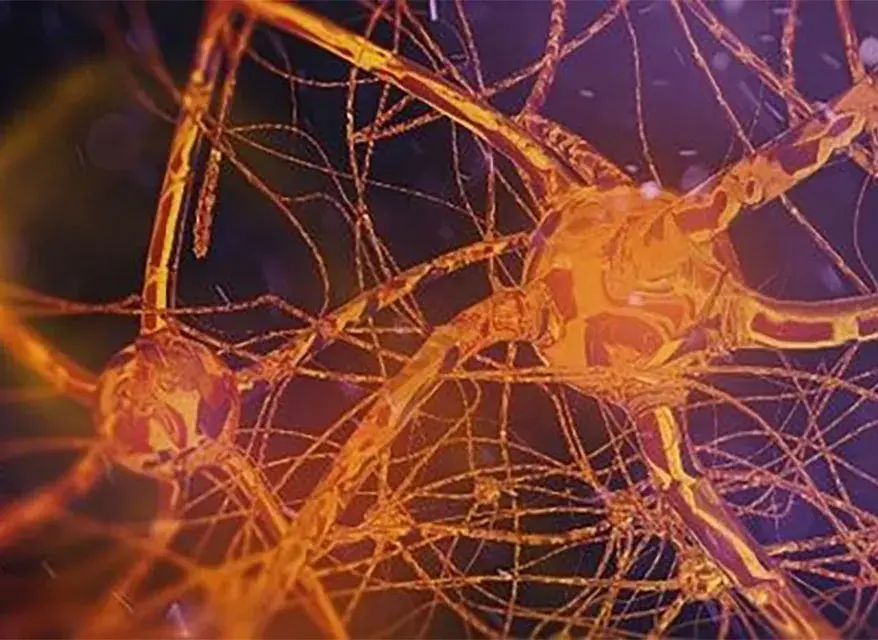
In the Centre for Cognitive Computing in Life Sciences, we offer new solutions for the life sciences that are based on the fundamental understanding of human and machine as an learning integrated system.
Lead: Prof. Dr. Yulia Sandamirskaya
Research groups
- Advanced Signal Analytics
- Computational Environment
- Neuromorphic Computing
- Predictive Analytics
Computational Health
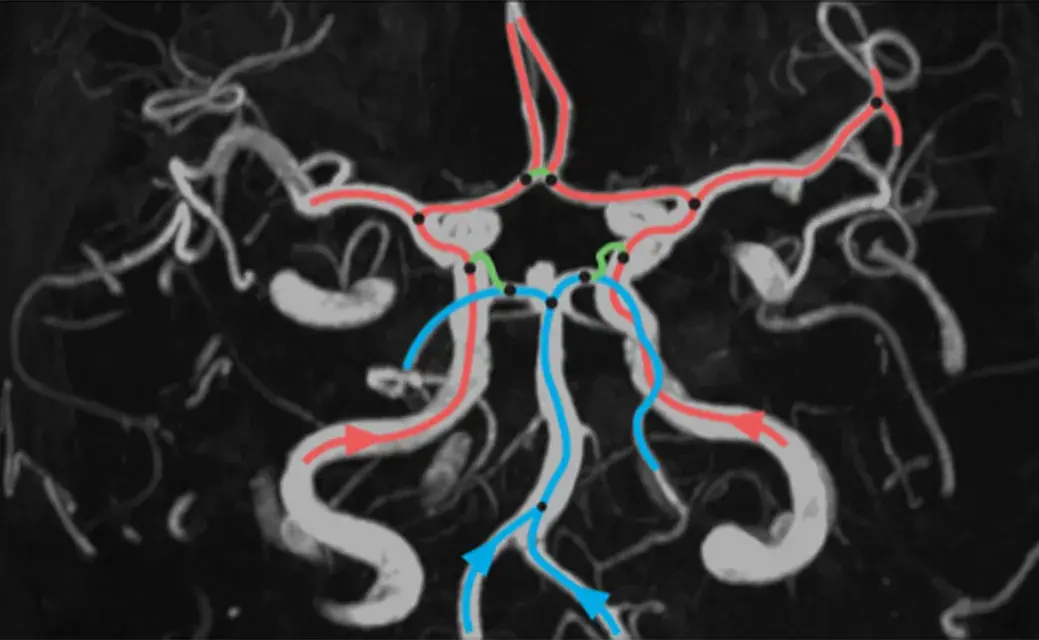
The Centre for Computational Health addresses fundamental questions in biology and medicine using computer-assisted, data-driven methods. Important tools are machine learning for image and signal analysis, parameter estimation for differential equation systems and multiphysics simulation.
Lead: Prof. Dr. Sven Hirsch
Research groups
- Biomedical Simulation
- Medical Image Analysis & Data Modelling
- Biosensor Analysis & Digital Health
Digital Labs & Production

In the Centre for Digital Labs & Production, we bring people, spaces and processes together. From mixed reality digital twins to progressive web applications and machine-to-machine interfaces, we connect physical with digital worlds through data and analytics.
Co-lead: Prof. Dr. Lukas Hollenstein and Dr. Robert Vorburger
Services: Advice and Training
We support you in questions of experimental planning and design. Our statistics consultancy supports ZHAW researchers in all ZHAW departments and is also available to external companies and organisations. On your behalf, we work on your questions about statistics, data analysis, simulation and optimisation, as well as topics relating to knowledge management. We implement database applications for you and link them to web and smartphone applications. Expert systems and self-learning, bio-inspired algorithms are used, among other things, to make information accessible quickly and in a solution-oriented manner. We train you on topics related to statistics, modelling, simulation and optimisation.
ZHAW Datalab
Datalab is a virtual organization at Zurich University of Applied Sciences, spanning several departments and institutes. Our goal is to be a nationally leading and internationally recognized center of excellence for research, teaching and services in the area of data science. The Datalab closely cooperates with industry, enabling innovation and technology transfer.

